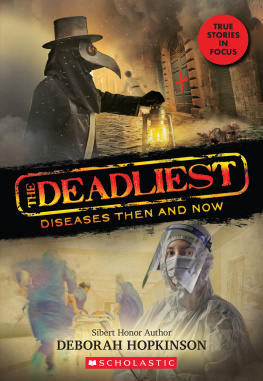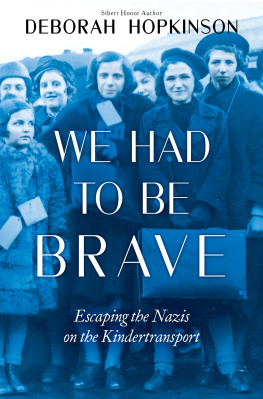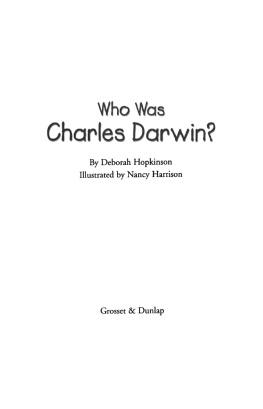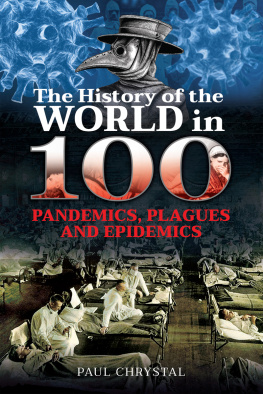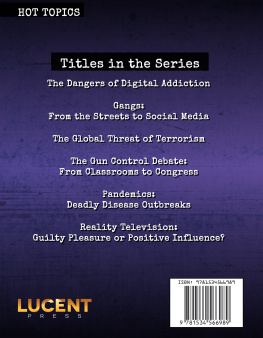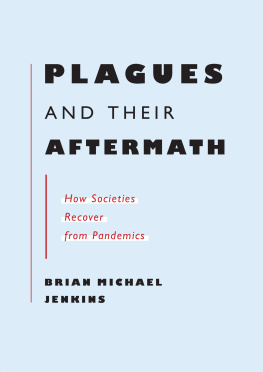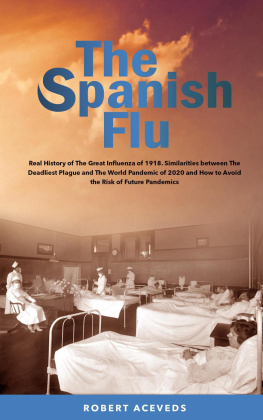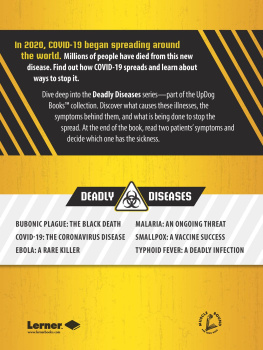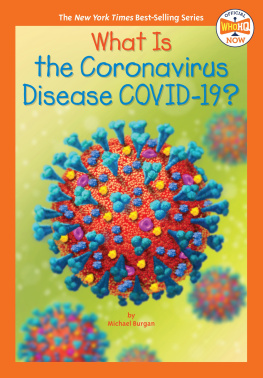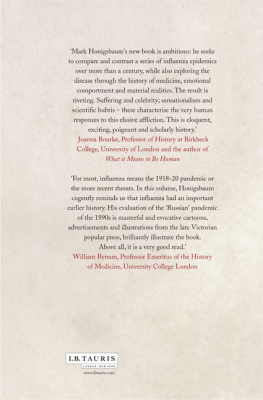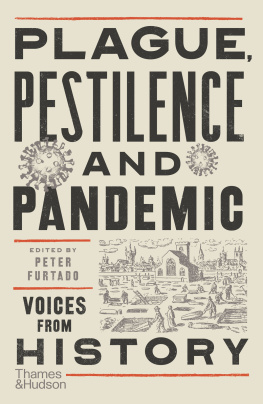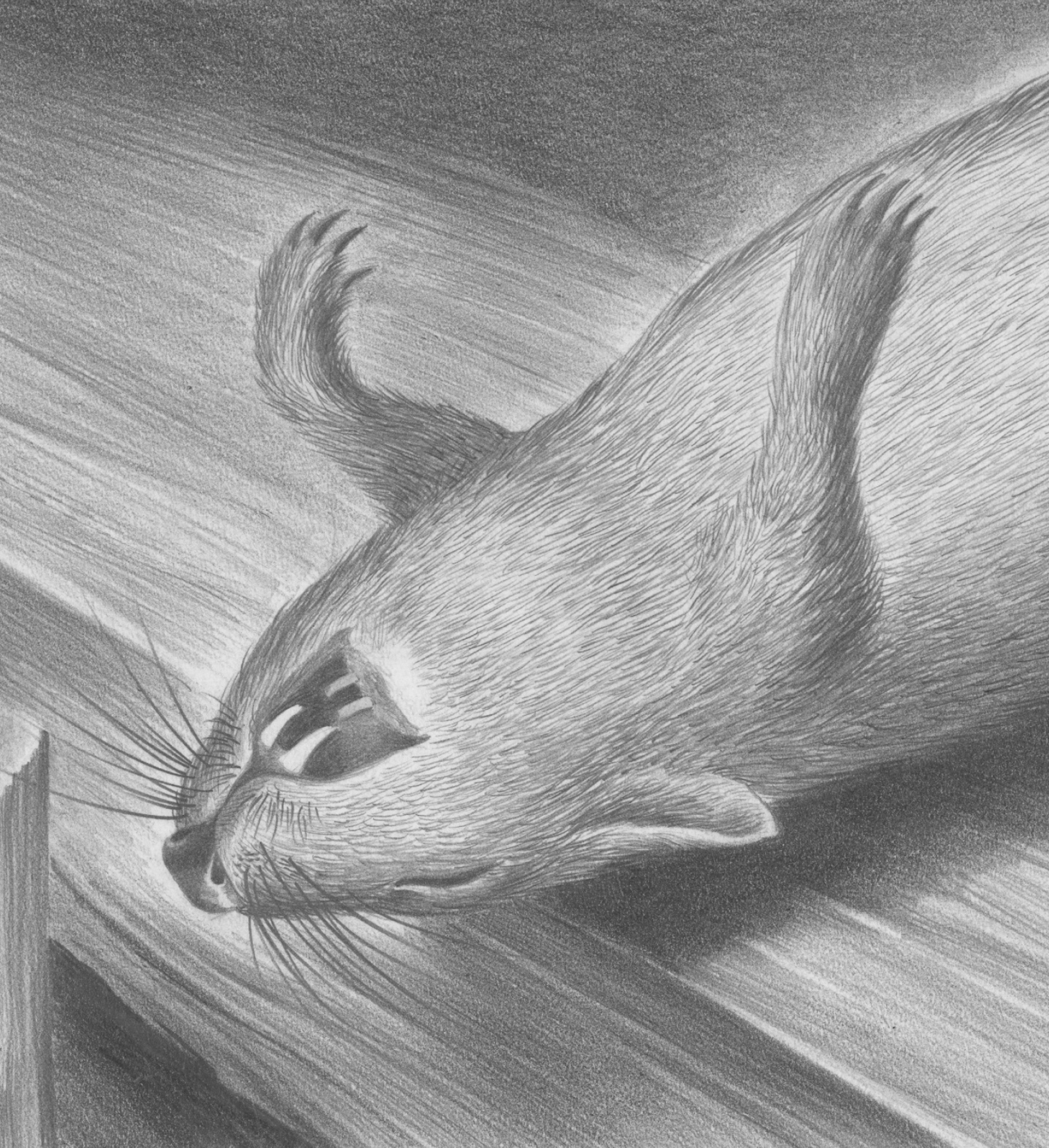A book illustration showing highly magnified plague bacilli. Note the rod shape.
A rat leaving a ship via the mooring rope. Rat fleas infected by plague bacteria can spread the deadly plague disease from rats to humans.
A dead plague-infected rat. After their rat hosts die, rat fleas infected with plague bacteria may spread plague to other warm-blooded creatures, including people.

I magine youre living in Genoa, Italy, a long time agolets say the fall of 1347. Its the medieval era , or Middle Ages , a long period in history from the years 500 to 1500.
Naturally, youve never seen a car, bus, train, or plane. Put things like cell phones, television, electricity, and computers out of your mind. Why, youre lucky you know how to read and writemost ordinary people at this time didnt get the chance to learn. Many were peasants, who had little of their own and worked in the fields for nobles or rich landowners.
But youre lucky that way too. Your family is doing well. Your fathers a Genoese merchant who does business around much of the world. In the fall of 1347 hes away, overseeing an expedition to the Black Sea region.
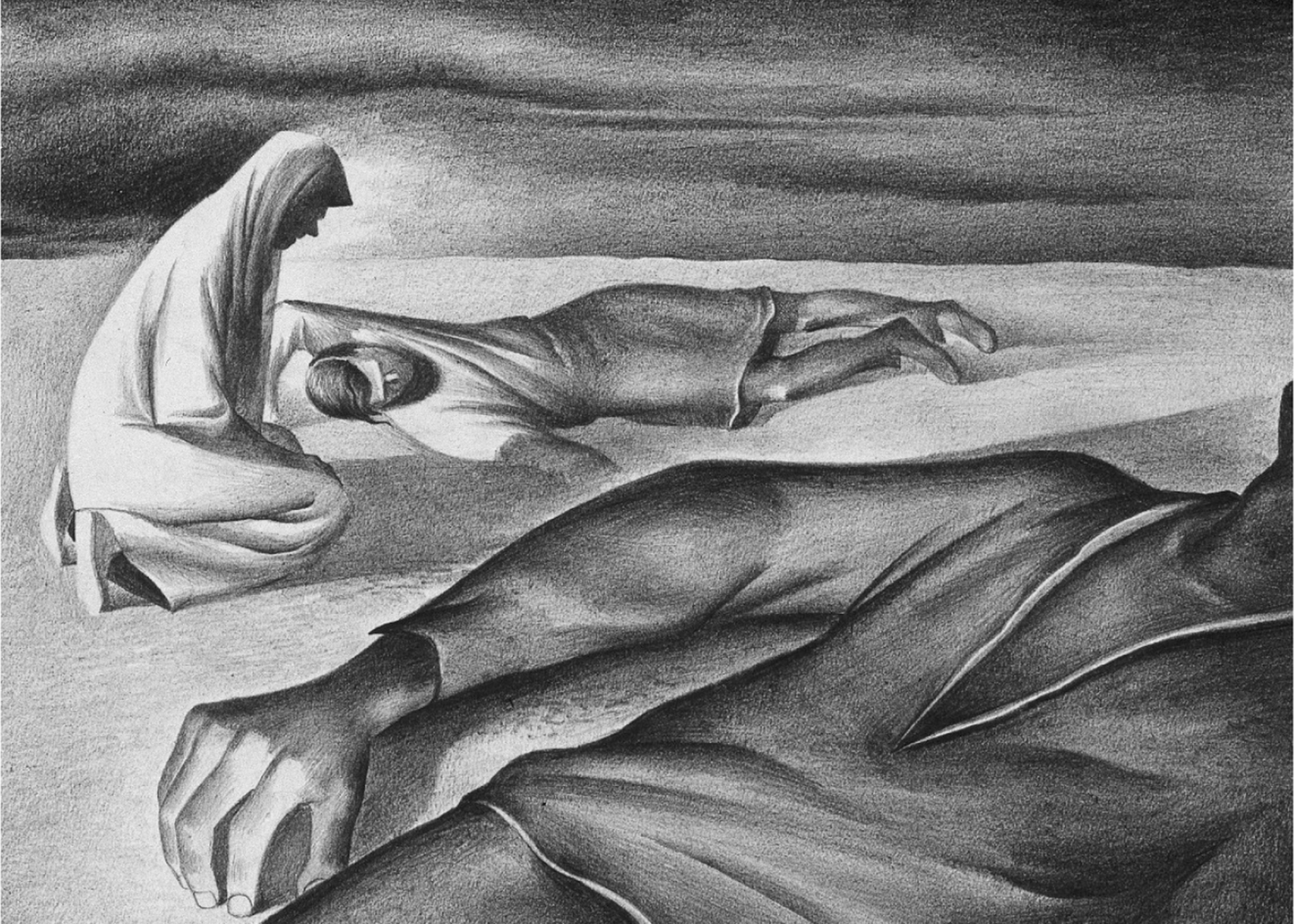
An artists illustration of people dying of plague.
Hes shown it to you on a map. You know his ship will sail down the coast of Italy, then head east across the Mediterranean Sea and into the Aegean Sea. From there, hell pass the gateway city of Constantinople and thread his way through the Turkish Straits. Hell cross the Black Sea to reach the wonderful harbor of Caffa, a far-off trading post owned by Genoa.
Your father will return with silver, spices, rye, wheat, and other grains to sell. Hes promised to bring your mother luxurious silk fabric from China. And when autumn comes, you stand on the hillside overlooking Genoas harbor and keep watch for him.
The ships finally arrive, but your father does not. Something terrible has happened. You listen at the door when men bring your mother the news. A few strange, scary words reach your ears: painful boils , fever , sickness , death .
Youre still in shock when horrible things start to happen in your own city. Life changes overnight: A dreadful disease races through Genoa like wildfire. The bustling market square nearby is eerily quiet and deserted. The shops and piazzas are empty. You watch neighbors loading up carts with their worldly goods. Theyre fleeing to the countryside, hoping to outrun this invisible, terrifying thing.
It is a great pestilence, a deadly disease. It is plague .
The onslaught doesnt stop. Entire families disappear behind the walls of their houses, never to be seen again. Your mother refuses to let you leave home. You know shes worried your food will soon run out. Your little brother cries in hunger.
One day, you spy a dead body being removed from the house next door, wrapped in a sheet, ready to be taken to the parish church. You open the door a crack. Is that your friend? But you slam the door shut quickly. The stench is sickening.
There are no solemn funeral processions anymore. No religious services or gatherings of friends and family. Before long, you get used to seeing corpses carried through the streets on plain boards. Sometimes you watch priests or doctors enter nearby homes. They always come out hanging their heads, worn down by sorrow. Despite the comfort they offer and the treatments they use, many patients are dying.
In your home, only one loyal servant remains. She says shes heard what this awful affliction does to people. At first, victims feel light-headed and sick to their stomach. They complain of headache, chills, and fever. Soon painful, smelly lumps, called buboes , erupt on their body, either on the neck or in the armpit or groin.
She tells you stories of other victims, who cough and spit up a bloody mucus. They cant catch their breath. Anyone who comes near them falls ill too. Entire households perish within days. A few people with buboes get better. No one who has a bloody cough ever does.
Your mother burns incense and fragrant herbs to purify the air. She wrings her hands and prays. She says this great pestilence is punishment from an angry God.
Nothing in your life is the same. You spend your days shaking in fear, worried your family will be next. You dont want to die.
In your heart, you know the end of the world has come.
* * *
Its not easy, from a distance of nearly seven hundred years, to imagine what life was like during the Great Mortality , or great death, the plague outbreak that struck western Europe, Central Asia, the Middle East, and many parts of Africa in the mid-1300s. While some people refer to this outbreak as the Black Death , here well call it by the name used by those who lived through it.
Deadly pandemics like the Great Mortality have mostly seemed quite distant from modern life in the twenty-first century. Even the terror of a horrific influenza pandemic in 1918, just over a hundred years ago, has been largely forgotten in our time.
These terrible events seemed like things just to read about in history books. It seemed impossibleunthinkablethat peoples lives would be turned upside down like that ever again.
Then, in late 2019, a new, unknown coronavirus ( SARS-CoV-2 ) emerged in China, jumping from animals to infect humans. The virus causes a disease named COVID-19 , which can be mild or very serious. In early 2020, the world changed quickly, much as it had done in Italyas well as everywhere else in Europe, the Middle East, and North Africa so long ago.
Businesses and schools shut down. Families sheltered in place. Some fled the cities, hoping to be safer in the countryside. People changed their behavior to try to slow the spread of the disease.
We began wearing face masks. We didnt hug friends. We listened to epidemiologists , scientists who study the patterns of disease. We learned new terms such as physical distancing , which means not getting too close to others, since that lessens the chance virus particles in the air will infect others when they are breathed out.
And something else happened too. People of all ages became more curious about pandemics of the past. We remembered that human beings have faced deadly diseases many times before.
This book is about some of those diseases. Well explore plague, the 1918 influenza pandemic, and a few other diseases, from the past and now.
Well begin with the Great Mortality. Though we cant really go back in time and truly understand what it was like to live through it, we can try.
And perhaps our own experiences now will help us better imagine then .


